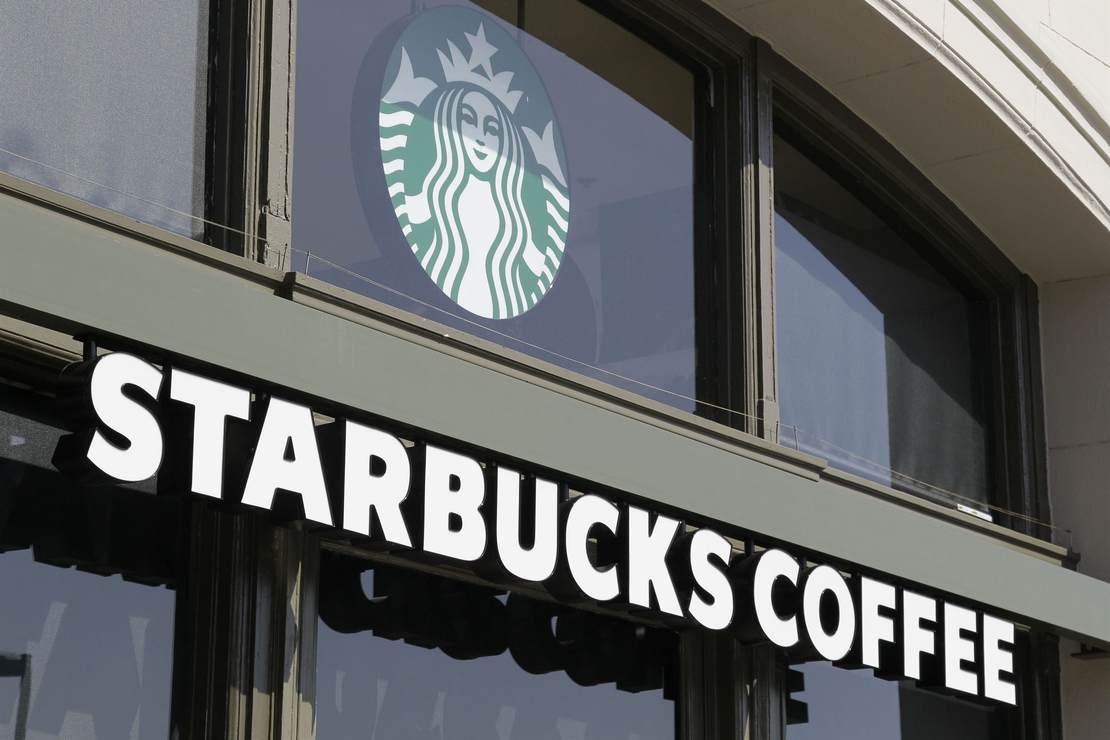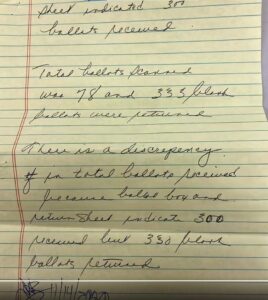One of three Starbucks coffee stores in Buffalo, N.Y., voted to join a union on Thursday, becoming the first store to unionize of the 8,000 outlets in the U.S.
Another Buffalo Starbucks voted not to unionize and the results from the other store are unknown due to a dispute about eligible ballots. But labor actions like the revote to unionize an Amazon warehouse in Alabama, and strikes at John Deere and Kelloggs, demonstrate that American workers are waking up to the fact that for the first time in decades, they have the upper hand against management.
Rossann Williams, Starbucks executive vice president and president of North America, told The Associated Press that the Buffalo area also had acute problems coming out of the pandemic, including staff shortages and equipment problems.
“We didn’t have the right support here on the ground,” Williams said. The company has hired more than 200 people in Buffalo over the past few months and turned one store into a training center to bring workers up to speed more quickly, she added.
Union backers at the three Buffalo stores that held elections say Starbucks had chronic problems like understaffing and faulty equipment even before the pandemic. They want more input on pay and store operations.
The churning in the labor market is unprecedented in modern history. There are currently 10 million jobs available in the U.S., according to the Bureau of Labor Statistics, and about 7 million workers looking for employment. Some industries, like hospitality and leisure, have boosted wages dramatically and sweetened their benefits, hoping to attract and keep workers.
The surplus of jobs and the desperation of some employers for new hires is altering the labor-management power equation — at least, temporarily. But it doesn’t mean that workers are going to be rushing to join unions.
Kent Wong, the director of the UCLA Labor Center, says the victory for the union in Buffalo is “a symbolic victory for the labor movement.”
Wong noted that it could not only galvanize workers at other Starbucks locations but also at fast food chains.
“People are looking at what is happening in Buffalo,” Wong said.
But Matthew Dimick, an associate professor of law at the University of Buffalo, noted that Buffalo has a long tradition of labor organizing from its industrial past.
“Most Buffalonians probably see unions as a positive, and are therefore more willing to join and form unions than in other parts of the country,” Dimick said.
There are still enclaves in America that support unions and you might expect more organizing activity in those areas than others. But even at the height of organized labor’s power in the mid-1950s, there was never more than a third of American workers who belonged to a union.
The tilting of the playing field toward workers is exactly how American capitalism is supposed to work. The demand for workers far outpaces the supply, giving each worker the power of choice. In October, 4.2 million workers exercised that power and resigned from their jobs. Most left for a better position — more pay, better benefits, more flexible hours.
Eventually, the pendulum will swing back, as it always has and always will — as long as workers and management maintain the freedoms they have now.



